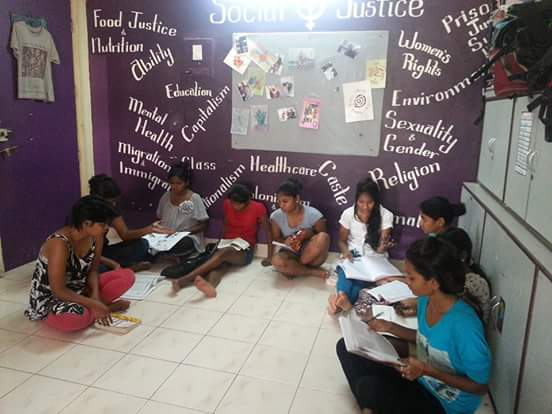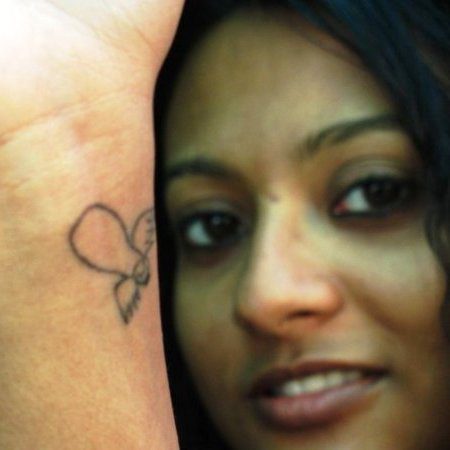The Business Case for Survivors of Trafficking
Four years ago when I pitched my Indian anti-sex trafficking social enterprise at an investor’s circle in the Bay Area, an investor told me that social justice was a vague concept that people can’t really understand, and that if I have to get people’s attention I must always make a “business case.” So, today, I am not going to tell you the horrific stories of victims of sex trafficking, although I know many. Today, I am going to make a business case for why we should invest in the human capital of survivors of trafficking.
In my opinion, an individual needs three skills to be an effective social change agent: a real and deep understanding of social problems, the passion to solve them, and the leadership skills to be able to garner support in a community to address the social problem.
Who better understands social problems than survivors of trafficking who have faced the worst of social problems? Just some of these problems include hospitals that refused to admit them and doctors that refused to treat them because of the sexually transmitted diseases they might have; schools that refused to admit them or their children because of the taboo associated with sex work; and abuse they endure at the hands of their traffickers and clients.
No one is more passionate about solving these grave social problems and addressing these gross human rights violations than the survivors of trafficking who have suffered every one of them first hand.
Their life experiences have already granted survivors of trafficking a deep understanding of social problems, required solutions, and the fiery passion to not rest until they are solved. If we can only invest in building leadership in the survivors of human trafficking, we can create an army of unstoppable social change agents.
While it is encouraging to see young people who grew up with privilege take road trips across South Asia to understand the problems of developing economies, to feel passionate about solving them after volunteering in an orphanage in Thailand or teaching children living in slums in India, I advocate banking on the most non-privileged to be our next generation of leaders. The non-privileged don’t need to travel the world to understand the dynamics of social problems, or see others in pain to be passionate about helping them. (Un)fortunately they already have the understanding and the passion because of the social injustices they have faced, and all we need to do is invest in cultivating them as leaders. Most importantly, as a society, we need to believe that survivors of trafficking can be the leaders of social change, that they can be more than victims, and more than rehabilitated pickle makers and manicurists and low-skilled workers.

This is why I helped co-found Kranti.* Kranti means “Revolution” in Hindi, and the organization is based out of Mumbai, India. Along with a safe home, formal education and psychological therapy, Kranti designed a leadership curriculum for the survivors of sexual abuse. In the short span of 4 years, our Krantikari (Revolutionaries, as we like to call our girls) have accomplished so much: Aparna is a sex educator for other young girls their age in a country where sex education is banned in public schools, Shweta and Kavita are conducting workshops for 600 students on anti-sex trafficking on the reputed Semester at Sea Programand giving TED talks about positive body image, Shweta was also awarded the United Nations Youth Courage Award in 2014 for fighting for the education rights of marginalized girls, and Sheetal and Saira are performing plays at Mumbai’s most prestigious theater to make audiences aware of trafficking and it’s many forms.
So, in conclusion, my business case for investing in the human capital of survivors of trafficking is rather simple. They already have two of the three required skills to become social change agents: understanding of social problems and the passion to solve them. It is in our interest to invest in just one more: leadership skills, in order to cultivate the most effective social change leaders of our generation.

Trina Talukdar, works in the Venture and Fellowship team at Ashoka, India, where she identifies innovative social entrepreneurs for the Ashoka Fellowship. Currently she is an Atlas Corps Fellow serving at American Express Foundation.
*Kranti is currently being led full time by my co-founder, Robin Chaurasiya.
